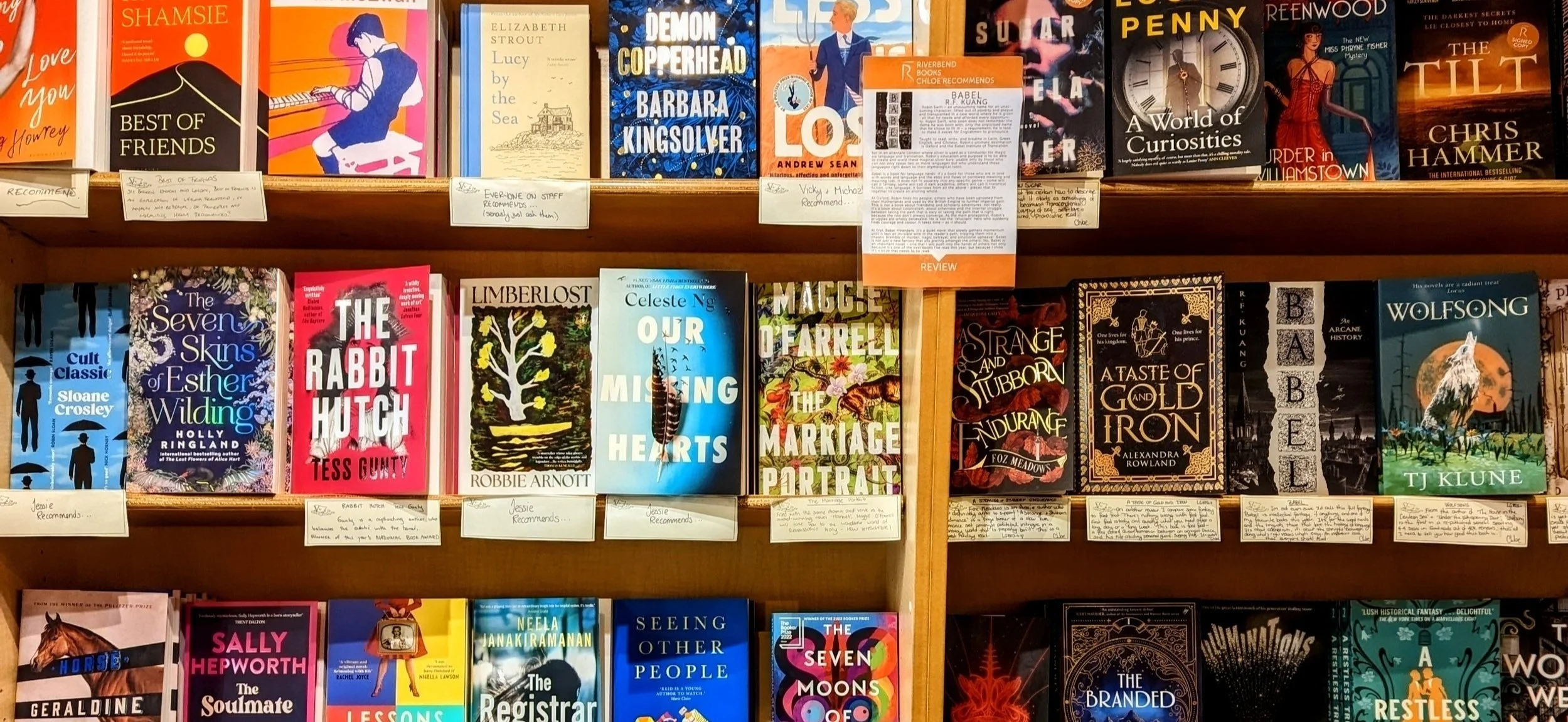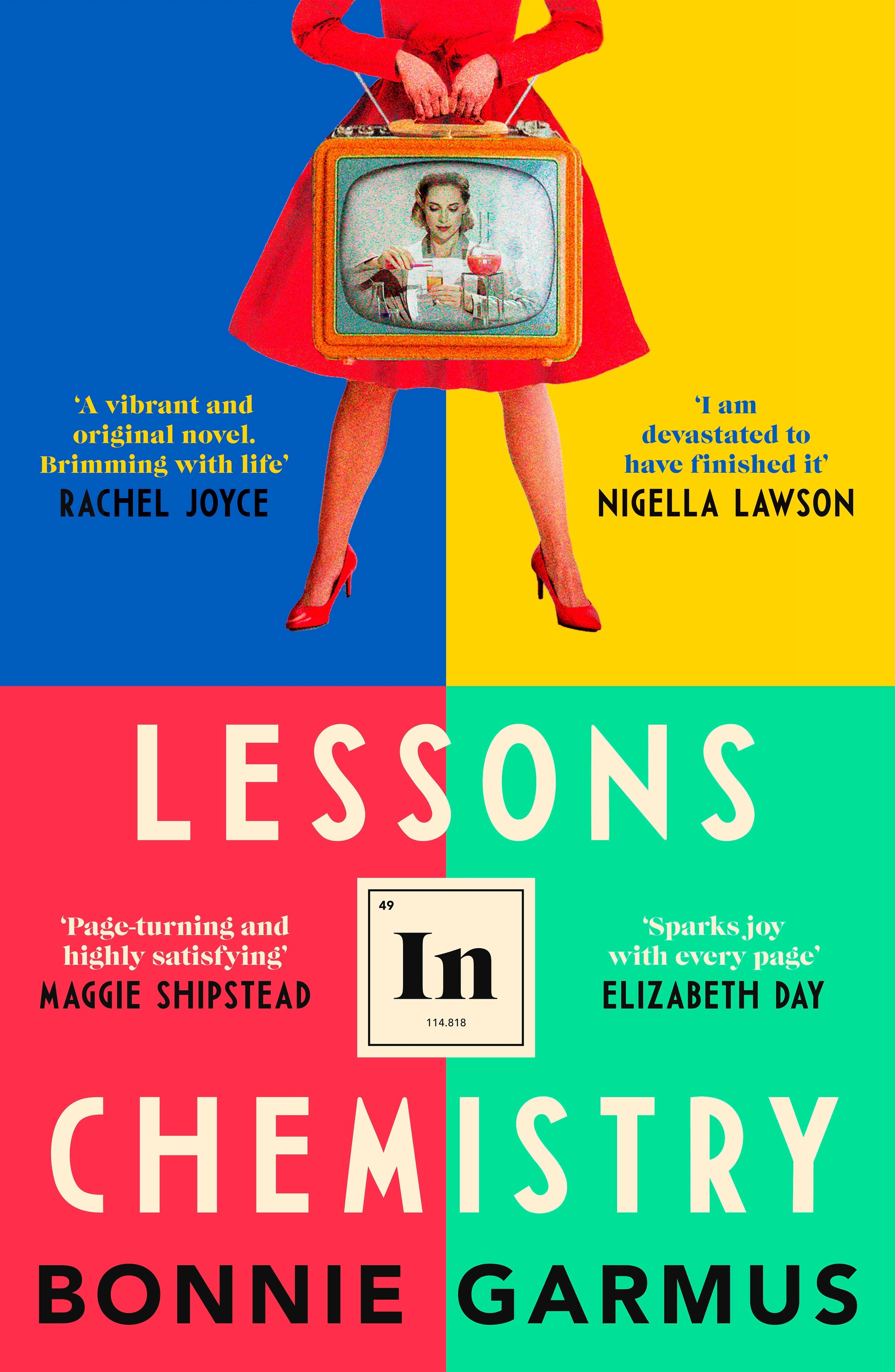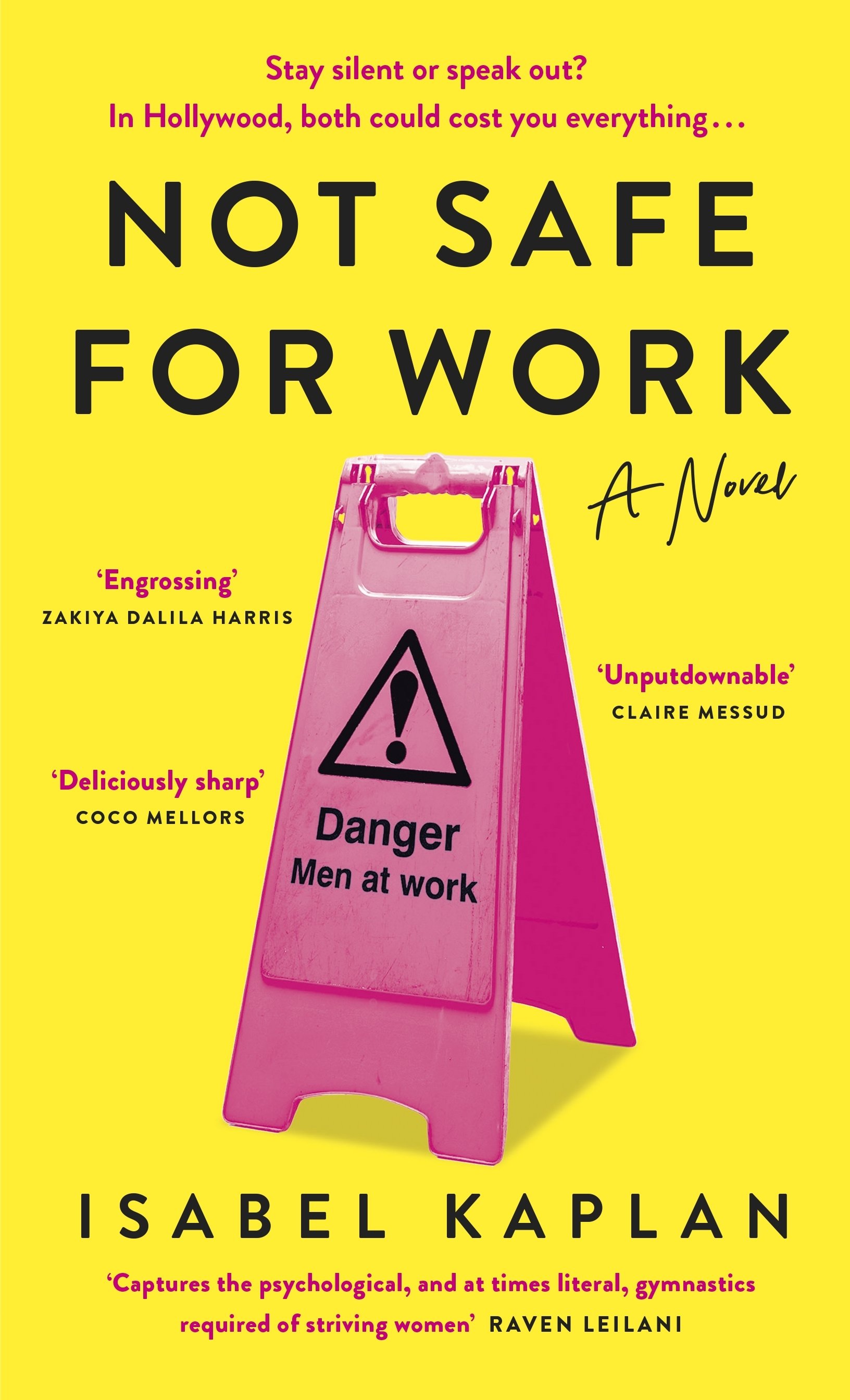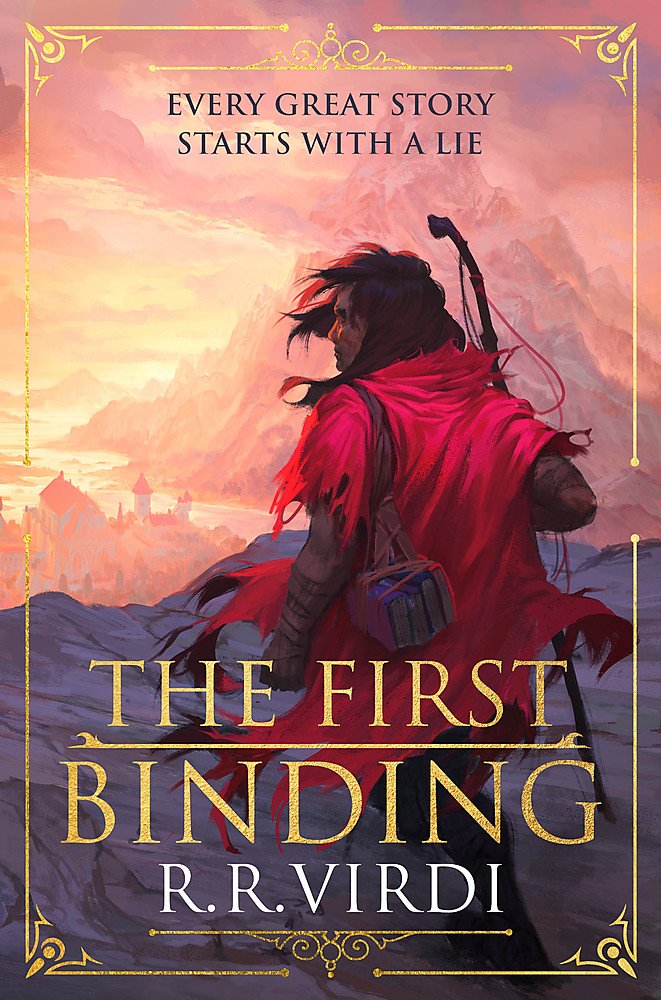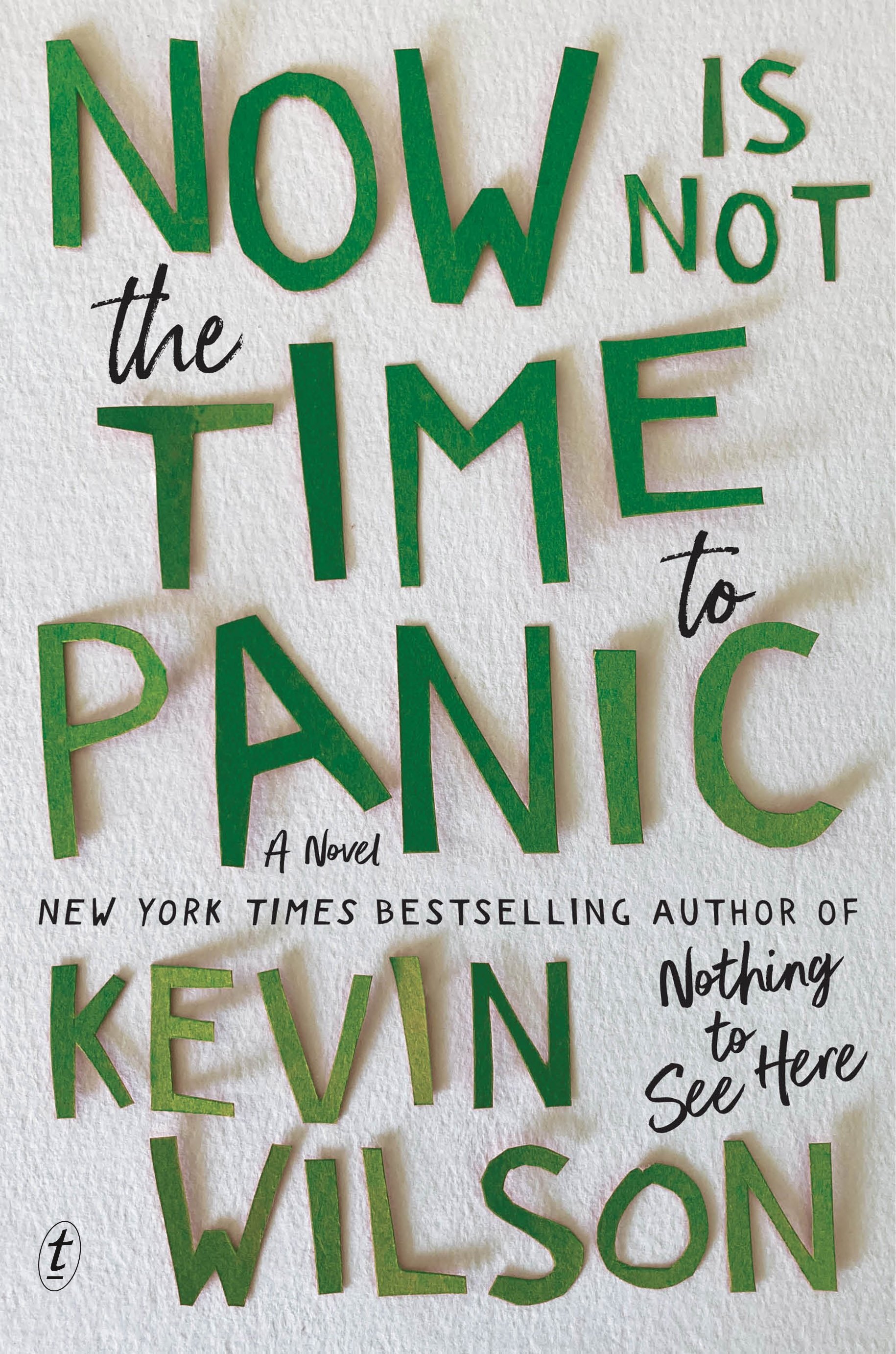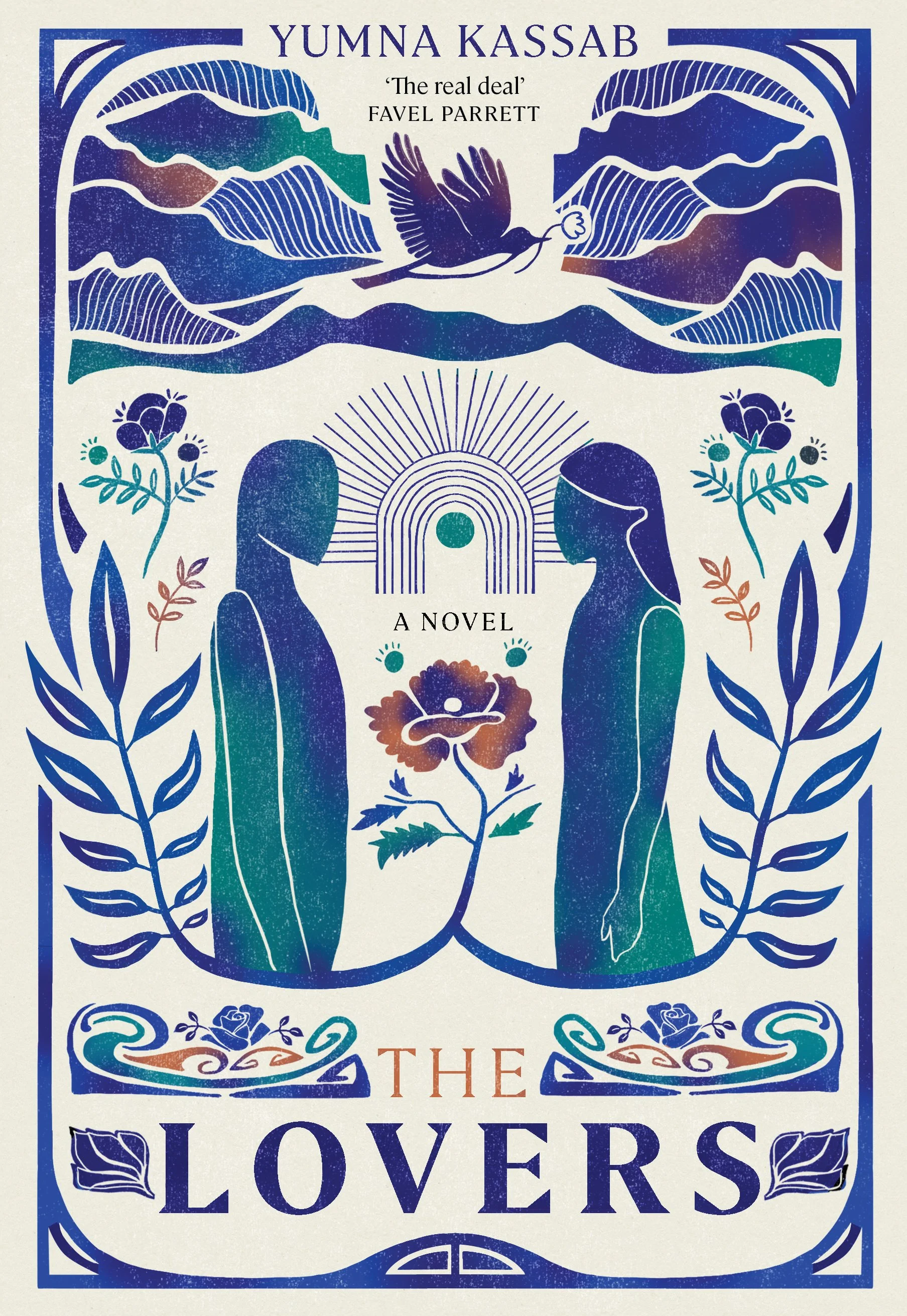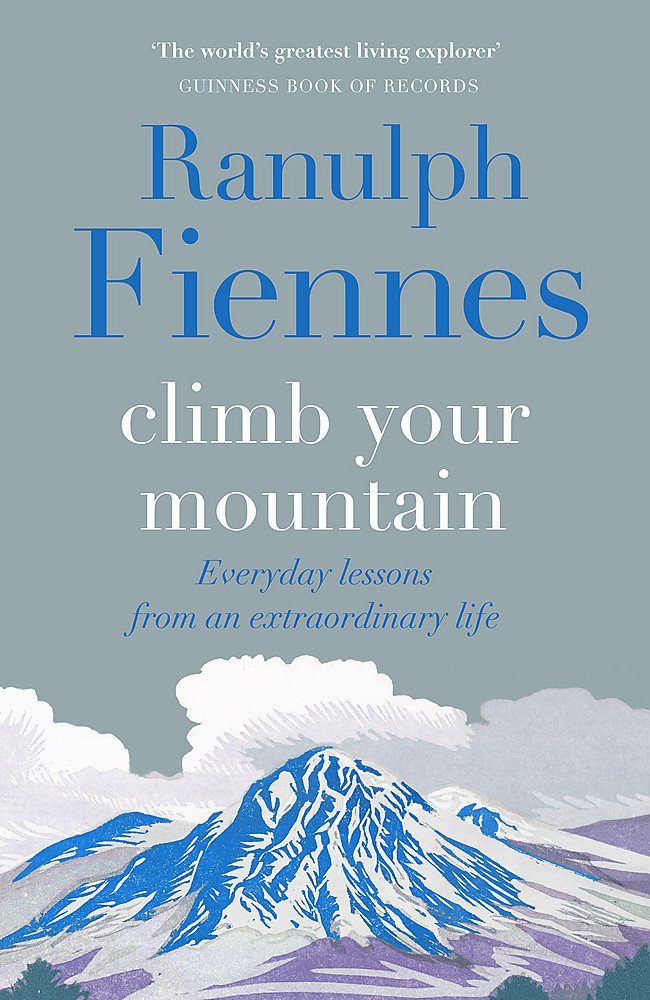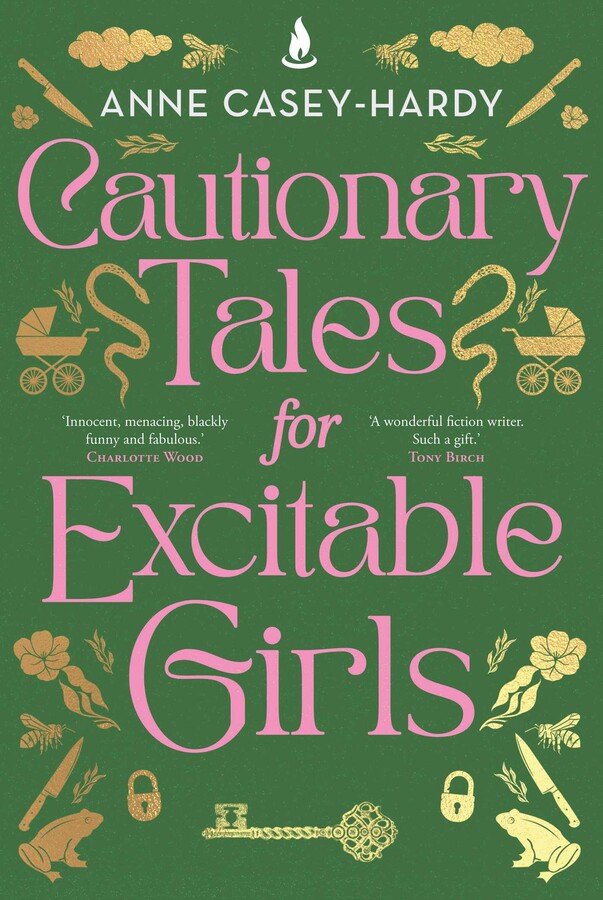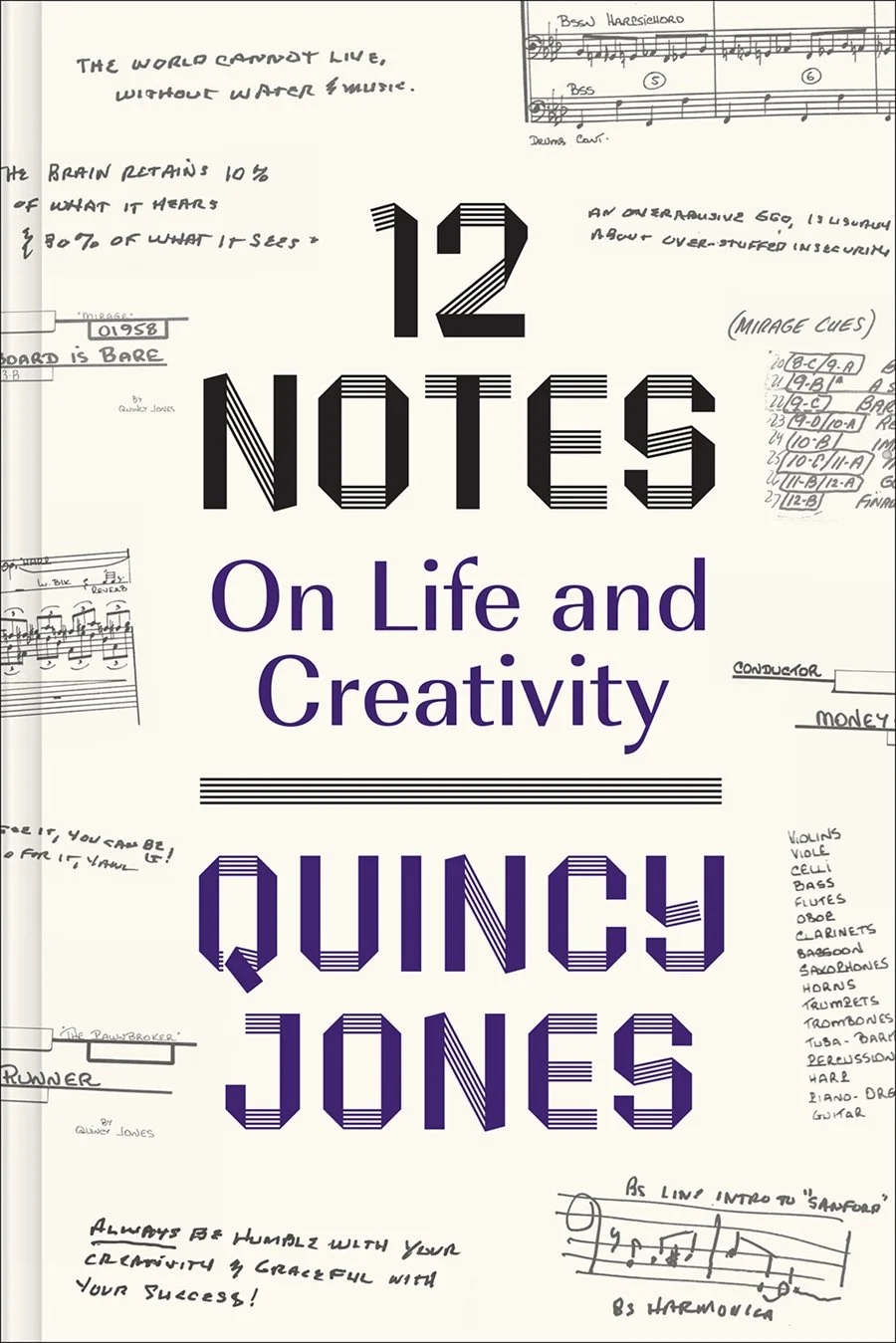From Rebecca Sparrow’s Facebook Post (Thank you Bec!):
I want to tell you a story.
Let me warn you though -- this story is desperately sad.
But it's also a story that is full of hope and love and light.
It's a story about a mum called Kate and a baby called Elsie who died in August. And about the power of stories and healing and connection. And hope. And reading.
I hope you're still reading. And if you're up to it -- I hope you'll stay with me.
This year, Kate, who is a 31yo primary school teacher from Morningside, fell pregnant with her first baby.
When Kate fell pregnant she was ALL IN.
She played music to her tummy and Elsie kicked and kicked. And she also read stories.
"I read to my tummy while I was pregnant and it was one of the things I was most looking forward to as a mum - reading stories to my baby."
Beautiful Elsie was born this past August at 39 weeks. Kate was elated but whilst they were in hospital Elsie suddenly became very very sick. She was taken to NICU (neonatal intensive care unit).
Kate told me, "They took me into theatre at the same time to remove retained placenta as I started to feel unwell but I thought it was my heart breaking. I also had a postpartum haemorrhage and received many blood transfusions.
"I was wheeled down to NICU disoriented and broken. There were teams of people around Elsie all the time but when I was wheeled close to her I leaned over and said, 'Mummy is here. I love you darling girl' and she lifted her arm! I know she responded to my voice."
Devastatingly, Elsie passed away the next day -- just seven days after she'd been born.
I'm not sure how you describe the feelings of any parent who has suddenly lost a child. Devastated doesn't seem big enough a word to cover the vast, all encompassing pain and darkness which descends upon you. Your heart shatters into a million little pieces. It as though your soul is ripped like cloth.
Kate in the midst of her raw grief and pain is determined to honour Elsie and make her life and her death mean something.
She has launched a BEAUTIFUL initiative in Elsie's name - ELSIE'S BOOK CLUB - whereby she donates children's picture books to Hospital Neonatal Intensive Care Units.
"After being in my tummy for 9 months all Elsie knew was my love and the sound of my voice - so I think reading is a powerful thing to do when you feel helpless."
Kate explained to me that premature babies and babies born full term that become unwell, have complex medical needs. So parents may not be able to hold their baby for days or even weeks.
Her hope is that she can gift a children's book to these families so they can read stories to their babies. And it can bring a bit of normalcy to what is an extraordinarily stressful and distressing time.
The book is donated in Elsie's name and it can be read over and over to the baby during their NICU stay and taken home as a special book to keep and remember. It can also be taken home by those parents who leave the hospital with empty arms who are trying to survive inconceivable pain.
I can tell you, as a mother who left a hospital with empty arms myself -- I wish more than anything that I'd read a book to Georgie. We were given just a few hours with her and I cuddled her and sang to her and spoke to her but looking back I wish I'd thought to read her a story. It would be a memory that I would cherish.
So I think this initiative by Kate and Elsie is really, really special and healing. And I'm so glad Elsie is weaving her magic and using her life to bring meaning and peace to other parents and babies.
This is where all of you come in.
Kate has partnered with Riverbend Books and she is hoping that people will choose a picture book for Elsie's Book Club. The picture book will be donated to the NICU in Elsie's name.
Choose one of the books on the special page created by Riverbend OR you can ask them to order a particular picture book in.
******* The most important thing is when you get to DELIVERY OPTIONS: select PICK-UP ELSIE'S BOOKS - NICU DONATION -- that way you won't be charged for delivery. Kate will head into the bookstore to collect all the donated books. She then adds a little card about Elsie and takes them to the Hospital NICU.
This Christmas there are parents who are sitting in NICU unable to cuddle and kiss their babies. And there are parents who are in shock having lost their babies. This is a nightmare at any time but especially brutal at Christmas.
I am really hoping you will join me in donating a picture book this Christmas to honour Elsie and her short but powerful life.
I also love that we're supporting an independent bookstore -- as we want our kids to grow up in a world where there are still physical bookstores!
Search for a children's book here and lets help Elsie shine her beautiful, brilliant light:


